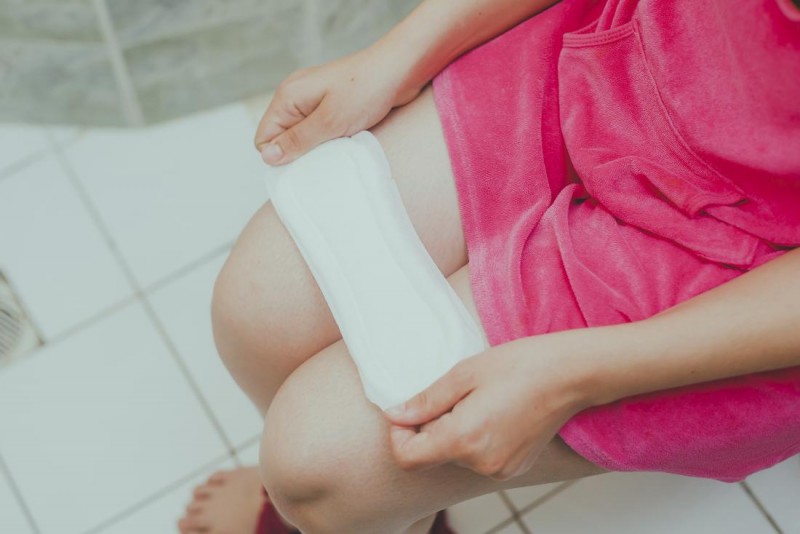
As a woman, you may have noticed that your menstrual cycle comes with certain unique characteristics. One of these features is the occasional presence of a distinct odor during your period. While some level of odor is entirely normal, there are instances when a particularly strong or foul smell can be an indication of an underlying health issue. In this article, we'll delve into the different aspects of this topic, exploring what is considered normal and when you should be concerned.
Let's begin by understanding the basics. During your menstrual cycle, it is entirely typical to experience a faint metallic odor. This scent arises as your menstrual blood comes into contact with the air, and it's generally nothing to worry about. However, the crucial distinction comes when the odor is more pronounced, different from your usual scent, or unusually strong.
If you've encountered an unexpected and unpleasant odor during your period, several potential causes could be contributing to this issue. Identifying the underlying reason is essential for effective management. Here's a closer look at some of the primary culprits:
Bacterial Vaginosis (BV): BV is a common vaginal infection resulting from an overgrowth of harmful bacteria. This condition is known to cause a distinct fishy odor, which can become more pronounced during your period.
Sexually Transmitted Infections (STIs): In some cases, sexually transmitted infections, such as chlamydia or gonorrhea, can lead to foul-smelling discharge during your period. It's crucial to address these infections promptly to prevent complications.
Understanding the causes is only the first step. Knowing when to seek medical advice is equally important. If you experience an abnormal period odor, especially if it's accompanied by other symptoms like itching, burning, or unusual discharge, it's essential to consult a healthcare professional.
A healthcare provider can perform an evaluation to diagnose the underlying cause of the unusual odor and recommend appropriate treatment. In many cases, prompt intervention can resolve the issue and prevent it from recurring.
As part of overall menstrual health, it's essential to take steps to manage and minimize unusual odors during your period. Here are some practical tips to consider:
Changing your sanitary products regularly is a fundamental aspect of maintaining menstrual hygiene. It prevents the buildup of bacteria and minimizes the risk of unpleasant odors.
Opt for fragrance-free products, as scented products can lead to irritation in some individuals.
Unusual smells during your period should not be ignored. While some odor is normal, any significant change may indicate an underlying health issue. It's crucial to pay attention to your body and seek medical advice when necessary. Remember that each woman's experience with period odors may differ, and what is considered normal can vary. It's important to be in tune with your body and consult with a healthcare professional when needed. In summary, maintaining good menstrual hygiene, staying hydrated, eating a balanced diet, and practicing safe sex are essential steps in ensuring your period is as odor-free as possible. If you have any questions or concerns about your menstrual health, consult with a healthcare professional for personalized guidance.
Dedh Ishqiya's Royal Aura: Huma Qureshi's Family Jewelry Takes Center Stage